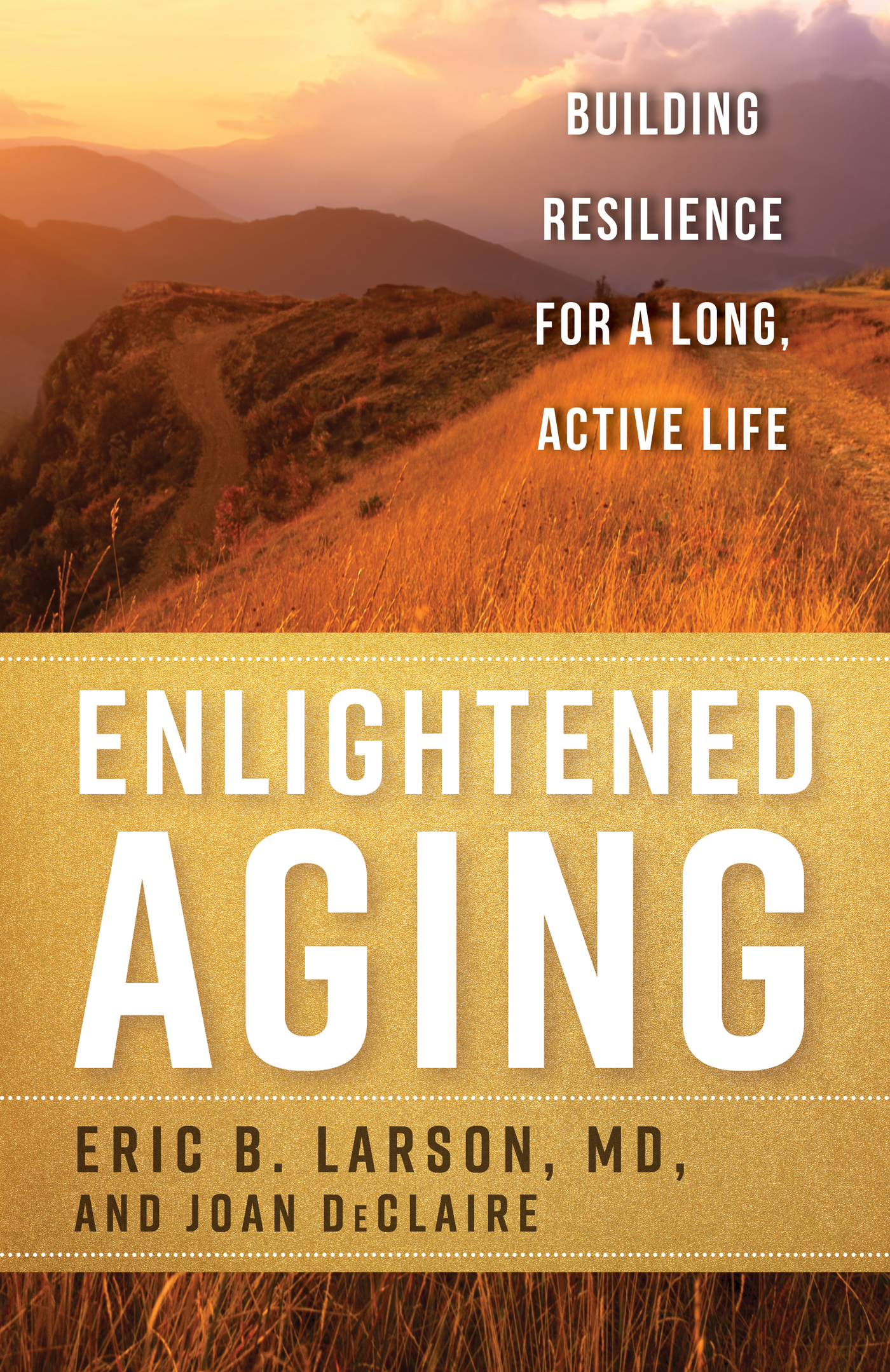Praise for Enlightened Aging
This uplifting account of what it takes to be prepared for an enlightened old age is a must-read for all of us. It translates scientific research on aging to useful advice on building the physical, mental, and emotional reserves to help us age as we most desire.
Karen Davis, PhD, Eugene and Mildred Lipitz Professor;
director, Rogert C. Lipitz Center For Integrated Health Care at Johns Hopkins Bloomberg School of Public Health
We all share the same two goals for our personal end gamea long life and one that preserves our vitality until the end. Yet information on how to achieve those goals is cluttered, confusing, and replete with overhyped promises. Enlightened Aging: Building Resilience for a Long, Active Life cuts through the clutter and offers sound, evidence-based advice from a wise physician and geriatrician. Dr. Eric B. Larson offers no magic bullets, but he does present a wealth of common sense that will help you and your loved ones face the inevitable medical, social, and economic choices that come with aging. Spoiler alert: continued physical activity is the next best thing to that elusive magic bullet.
Steven A. Schroeder, MD, distinguished professor of health and health care, University of California, San Francisco; former president
and CEO, the Robert Wood Johnson Foundation
Enlightened Aging
Building Resilience
for a Long, Active Life
Eric B. Larson, MD, and Joan DeClaire
ROWMAN & LITTLEFIELD
Lanham Boulder New York London
Published by Rowman & Littlefield
A wholly owned subsidiary of The Rowman & Littlefield Publishing Group, Inc.
4501 Forbes Boulevard, Suite 200, Lanham, Maryland 20706
www.rowman.com
Unit A, Whitacre Mews, 26-34 Stannary Street, London SE11 4AB
Copyright 2017 by Eric B. Larson and Joan DeClaire
All rights reserved. No part of this book may be reproduced in any form or by any electronic or mechanical means, including information storage and retrieval systems, without written permission from the publisher, except by a reviewer who may quote passages in a review.
British Library Cataloguing in Publication Information Available
Library of Congress Cataloging-in-Publication Data
Names: Larson, Eric B., author. | DeClaire, Joan, author.
Title: Enlightened aging : building resilience for a long, active life / Eric B. Larson, MD and Joan DeClaire.
Description: Lanham : Rowman & Littlefield, [2017] | Includes bibliographical references and index.
Identifiers: LCCN 2017001674 (print) | LCCN 2017018963 (ebook) | ISBN 9781442274372 (electronic) | ISBN 9781442274365 (cloth : alk. paper)
Subjects: LCSH: Aging. | AgingPhysiological aspects. | Older peopleHealth and hygiene.
Classification: LCC QP86 (ebook) | LCC QP86 .L365 2017 (print) | DDC 612.6/7dc23
LC record available at https://lccn.loc.gov/2017001674
 TM The paper used in this publication meets the minimum requirements of American National Standard for Information Sciences Permanence of Paper for Printed Library Materials, ANSI/NISO Z39.48-1992.
TM The paper used in this publication meets the minimum requirements of American National Standard for Information Sciences Permanence of Paper for Printed Library Materials, ANSI/NISO Z39.48-1992.
Printed in the United States of America
Foreword
H. Gilbert Welch, MD
When I first met Eric Larson, he was a lot older than me. He was a professor of medicine at the University of Washington. I had just finished my residency at the University of Utah and had been hired on as his research assistant. Thats a big gap.
Nearly thirty years have passed since then. Now Eric is a hell of a lot older than me. Hes in his seventies; Im still thirty. As you might imagine, confabulation is one of my cognitive issues; I cant remember the others.
Maybe thats why Eric wanted me to read Enlightened Agingparticularly the chapter on acceptance.
Aging has been a constant of human experience over the millennia. Whats changed is the number of people recommending things that you should do about it. Or, more precisely, things you should purchase for it. The messaging is everywhere: take a medicine, buy some supplements, apply a cream or magnetic field, make appointments to see any number of traditional or alternative health care providers, get tested for x, y, and z. In fact, get tested for anything you can be tested for.
But, as you will see, the path to healthy aging is not centered on the consumption of health care services. The path is instead centered on developing the ability to adapt to changing circumstancesthe ability to bounce back from an illness, injury, loss, or any other setback. In a word, resilience. Dont be fooled by the ads. You dont procure resilience; you build it.
Thats what this book is about.
It begins with what Eric calls proactivity. You might think this is a call to avoid inactivity, but that comes later. Instead, its a call to avoid passivityparticularly when it comes to health care decision making. Get engaged. Get informed. Recognize the strong forces promoting more health care. And recognize that more health care is not necessarily better for you. Develop a little healthy skepticism about health information and make decisions that are right for you. You need to take charge.
The book ends with how to fill three reservoirs: your mental, physical, and social reserves. Think of this as filling a savings accountor filling the woodshed for the impending winter. You want to have a little excess capacity; having reserves is critical to adapting to the changing circumstances that accompany aging. So keep learning new things, keep moving, and keep connecting with others. It doesnt have to be complicated. An engaging conversation during a brisk walk (preferably on uneven surfaces) with a close friend can do the trick.
In between, Eric explores the importance of acceptance. This is the chapter I most needed to read. (Eric, born in 1946, is on the leading edge of the baby-boom generation. Im near the end of it.) You dont need to dwell on aging, but dont deny it either. Thats a recipe for disappointment, discouragement, and unhappiness. Eric accepts hes not going to climb Mount Rainer again, but he has discovered other ways to meet his love for challenging outdoor activities. Ive never climbed Rainer (or anything close to the nine thousand feet of vertical gain). But I love the outdoors too and see the value of moderating my view of what constitutes challenging physical activity.
Acceptance of aging calls for more broad-based moderation: how many tasks we expect to do in a day, how many people we need to see, how much to cram into our schedules. In short, moderating our expectations. Ironically, this may be central to our happiness (and, in turn, our health). How we feel about experiences has something to do with what we expected in the first place. While there is certainly a case for having high expectations (particularly for the young), I believe there is also a case for lowering expectations. The reason is simple: high expectations are hard to meet, and lowering expectations makes successes more possible. Of course, theres a balance: challenge yourself, but make sure the challenge is adjusted for age. Avoid the attendant downsides of high expectationsdisappointment, discouragement, and unhappiness.
One more thing to accept: There are no guarantees in life (except death). You can be proactive, have your reserves overflowing, and still experience an event you cant bounce back from. In other words, good people doing all the right things nevertheless may experience bad events. This book is not about guarantees; its about how to stack the odds in your favor.

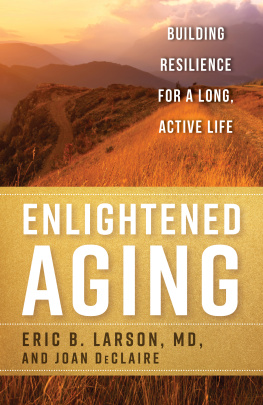
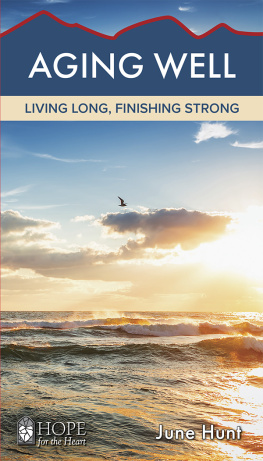

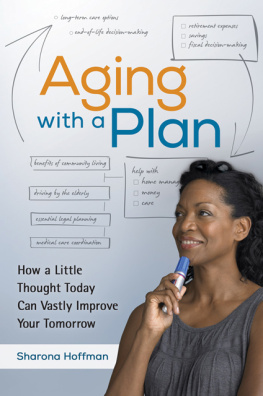

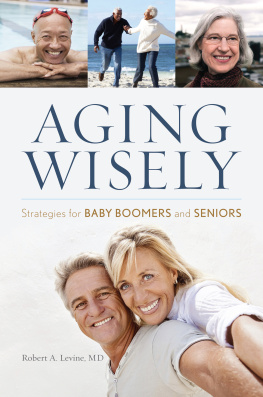
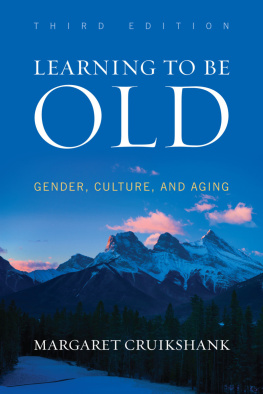
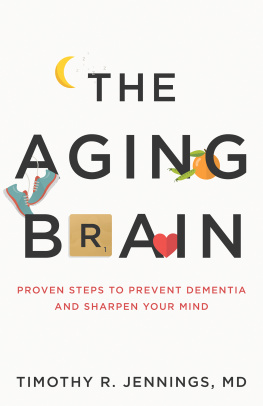
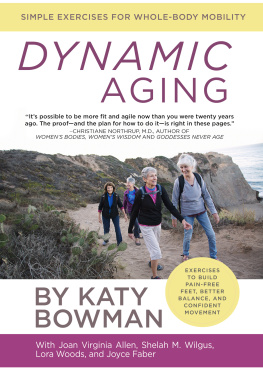
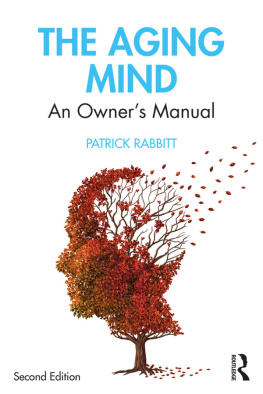
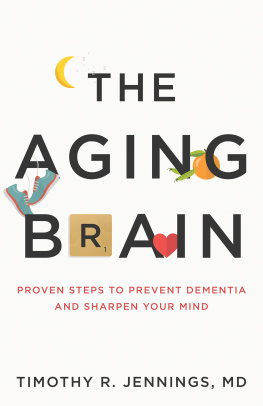
 TM The paper used in this publication meets the minimum requirements of American National Standard for Information Sciences Permanence of Paper for Printed Library Materials, ANSI/NISO Z39.48-1992.
TM The paper used in this publication meets the minimum requirements of American National Standard for Information Sciences Permanence of Paper for Printed Library Materials, ANSI/NISO Z39.48-1992.